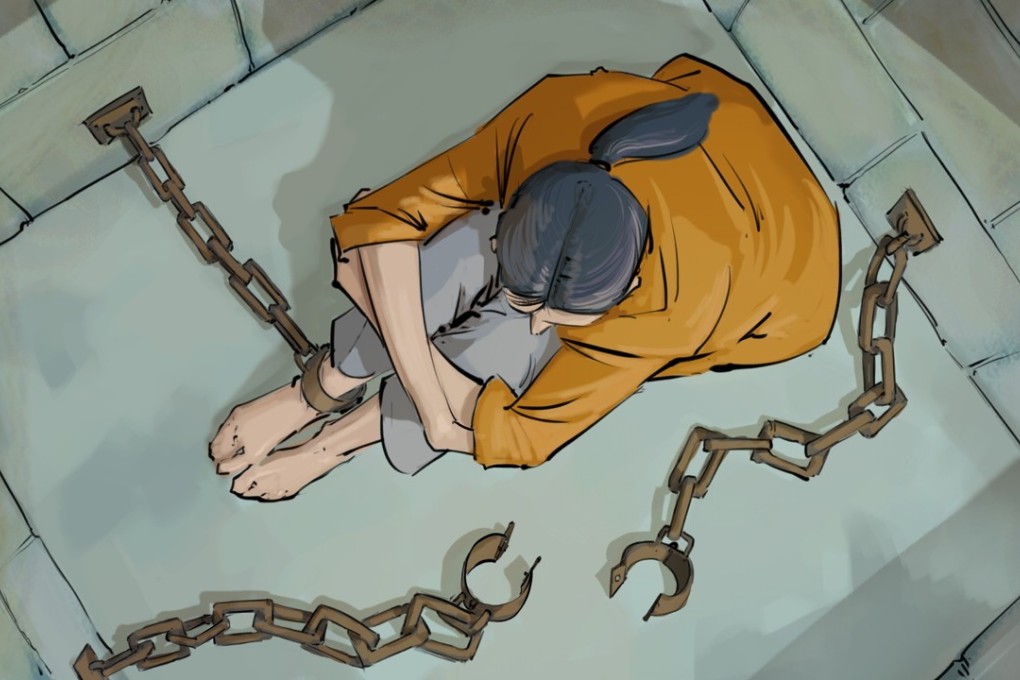Advertisement
Hong Kong human-trafficking law could be a regional leader – if it protects victims
Matthew Friedman says the proposed bill on preventing human trafficking in Hong Kong is a good start. However, the legislation would benefit from including provisions offering help to affected victims and preventing them from being targeted by other laws
Reading Time:4 minutes
Why you can trust SCMP

Some people argue that Hong Kong doesn’t require a human-trafficking law. They say there are already enough laws that adequately address forced labour, forced prostitution, modern slavery and exploitation of foreign domestic helpers. However, although Hong Kong does have a vast array of laws that address criminal behaviour related to these crimes, there are other ways that legislation can be used.
It is claimed that Hong Kong’s effective border control and strong law enforcement prevents any incidences of trafficking. Yet, as experience from countries such as New Zealand shows, these factors do not guarantee an absence of human trafficking. In reality, several landmark studies related to foreign domestic helpers, frequent articles published in local papers and feedback from people who have encountered victims suggest that such crimes do exist in significant numbers.
In 2016, the Global Slavery Index estimated that Hong Kong had 29,500 victims of human trafficking. When rating government action related to addressing this problem among Asian countries/territories, the index ranked Hong Kong 23 out of 24 because it had not taken any concrete steps to acknowledge and address the problem. Only North Korea fared worse.
Watch: Filipino helpers trafficked to Russia for bogus jobs
Advertisement
In recent months, new legislation related to human trafficking has been proposed for Hong Kong. If enacted, this new law would focus on two approaches. First, every company conducting business in Hong Kong whose turnover exceeds a given threshold would be required to publish a statement that details the steps taken to ensure that human trafficking is not occurring in any part of its business or supply chains.
[The proposed legislation] recognises that many of the goods produced by trafficked people find their way into global supply chains
This statement would be approved by the board of directors and signed by a director annually. It would then be published on the company’s website, with a link to it appearing in a prominent place on the homepage. This component is similar to the California Transparency in Supply Chain Act and the UK Modern Slavery Act, as well as legislation being developed in Australia. It recognises that many of the goods produced by trafficked people find their way into global supply chains.
Advertisement
The second part of the draft bill outlines criminal offences for slavery, human trafficking, forced marriage and sex tourism offences. If enacted, this new legislation would amend the Crimes Ordinance by augmenting the existing offence of trafficking for the purpose of prostitution (section 129) with these broader offences.
Advertisement
Select Voice
Select Speed
1.00x